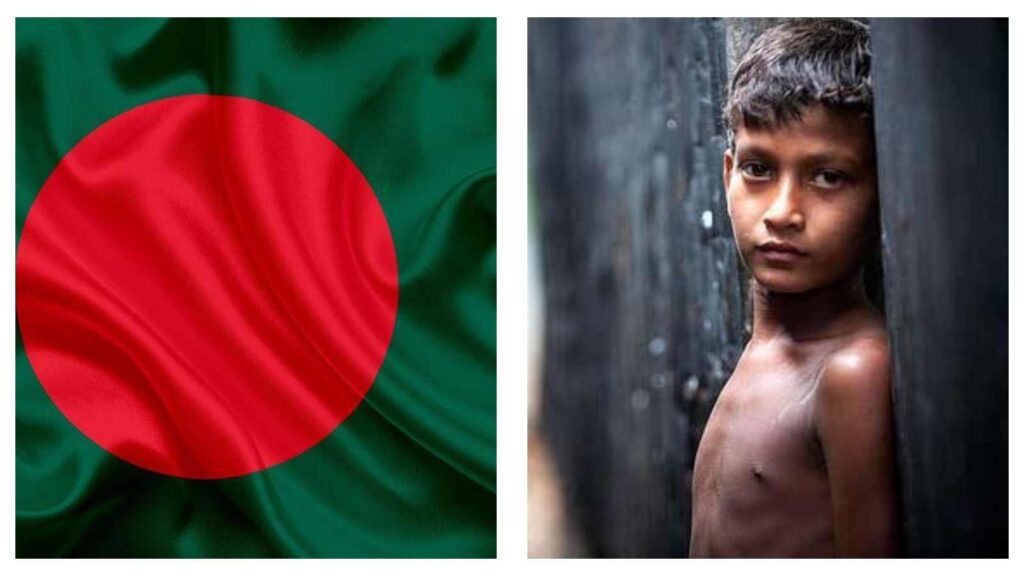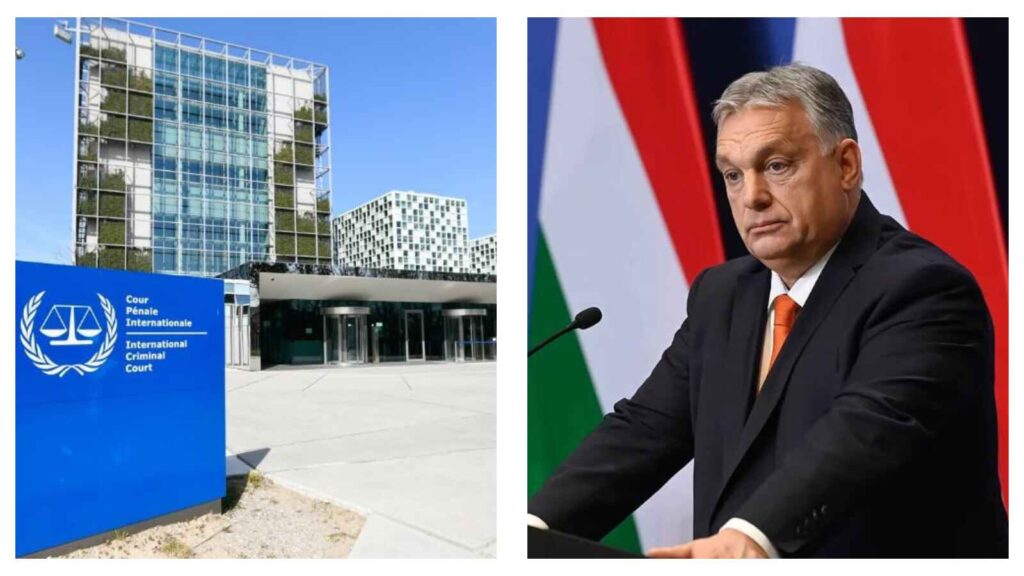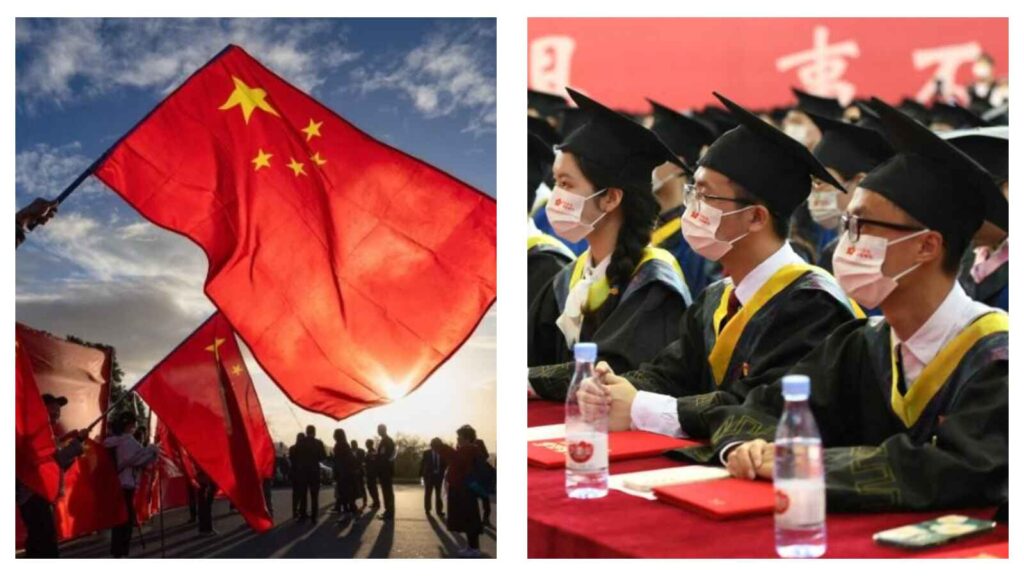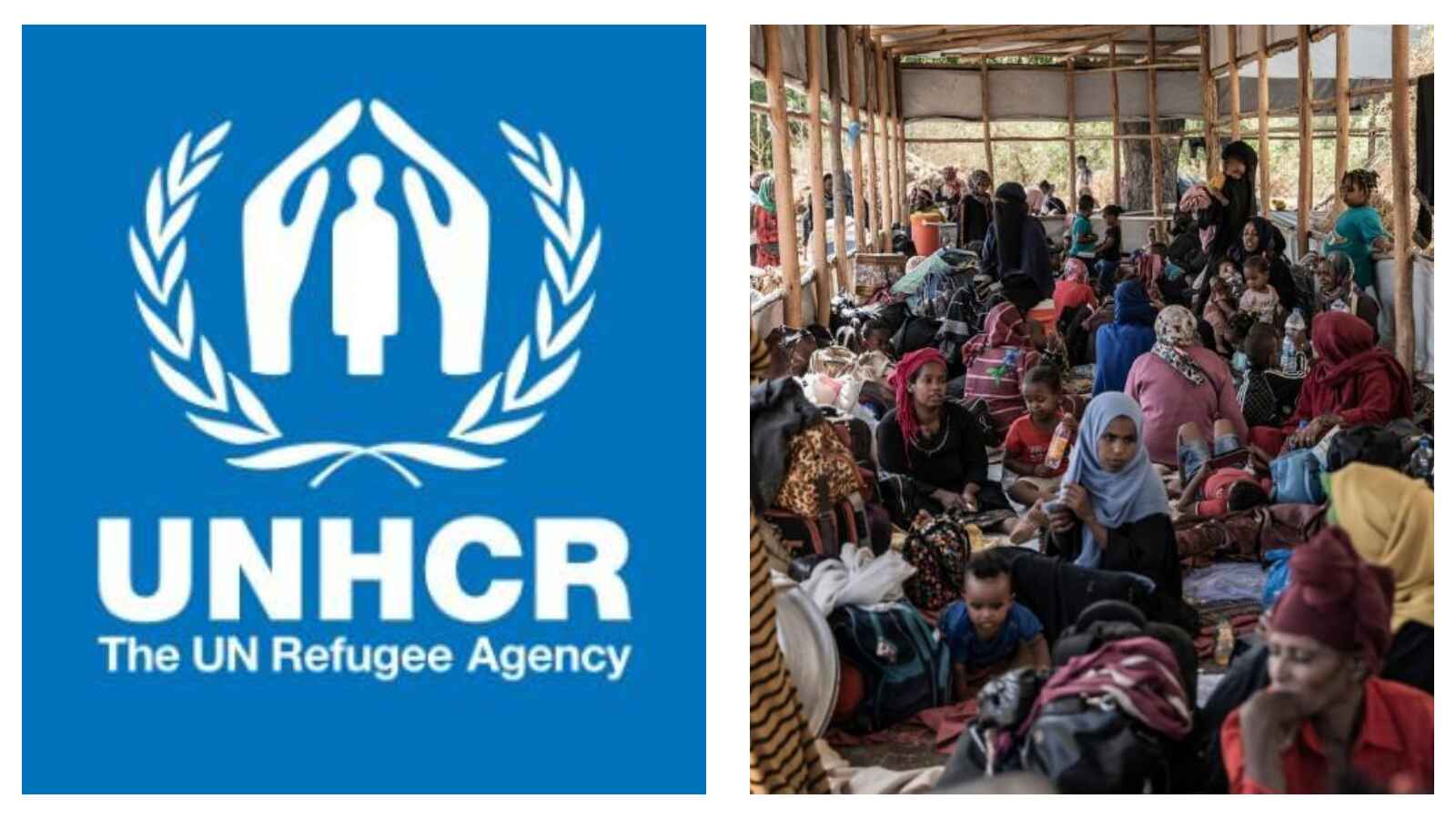By Jheruleene Anne Ramos
The United Nations High Commissioner for Refugees (UNHCR) has suspended the majority of its medical treatment programmes in Egypt due to severe funding cuts, leaving thousands of refugees who rely entirely on UNHCR-supported care at risk.
Many life-saving medical services, such as cancer surgeries, chemotherapy, heart operations, and chronic illness treatments, are now unavailable.
The decision comes after the UN agency received less than 50% of the $135 million (E£6.96 billion) it needed in 2024 to support more than 900,000 registered refugees and asylum seekers from Sudan and 60 other countries currently living in Egypt.
Amongst those most affected are Sudanese refugees who fled to Egypt following the outbreak of conflict in Sudan in April 2023.
The ongoing Sudanese civil war – fought primarily between the Sudanese Armed Forces and the paramilitary Rapid Support Forces – has since displaced over 12.5 million people.
Fears grow for refugees with health problems
Fatma Aly Mohamed, a Sudanese refugee in her late forties, fears for the future of her 13-year-old son, Saleh Osman, who suffers from recurrent epileptic seizures and previously received vagus nerve stimulation therapy through UNHCR support.
“The suspension of these services is very bad news for refugees with health problems. It just means that the refugees will be left to face the prospect of death in the absence of the required health services,” she told The New Arab.
“The suspension of these services poses grave dangers to my son’s life,” she added.
Apart from Mohamed’s son, the funding cuts are expected to adversely impact at least 20,000 Sudanese patients in Egypt.
Egypt is the largest neighbouring recipient of Sudanese refugees since the conflict erupted, with more than 1.5 million refugees taken in, including more than 600,000 refugees registered with the UNHCR.
READ MORE: UNICEF alarmed by increase in cases of violence against children in Bangladesh

Child refugees most impacted
UNHCR Head of Public Health, Dr Allen Maina, warned that the funding shortfall could deprive up to 12.8 million refugees globally – including 6.3 million children – of access to essential health services this year.
Maina also said that the funding crisis faced by the UNHCR is exacerbated by the continued drop in healthcare funding in host countries.
“The current humanitarian funding crisis, exacerbated by declining healthcare spending in host countries, is undermining the scope and quality of public health and nutrition programmes for refugees and host communities,” Maina said.
“It is disrupting access to essential services and increasing the risk of epidemics, malnutrition, untreated chronic conditions and mental health issues.”
YOU MAY ALSO LIKE: The Netanyahu effect: Hungary announces ICC exit

Egyptian healthcare system overwhelmed
While refugees technically have access to Egypt’s national healthcare system, the country’s public hospitals are already overwhelmed and underfunded.
The strain has also worsened due to Egypt’s ongoing economic crisis, which has been intensified by the Russia-Ukraine war and the conflict in Gaza.
In an effort to address these challenges, the government announced increased healthcare allocations in the 2025-26 national budget, which are set to take effect in June.
The new budget includes E£53.2 billion for medicines, medical supplies, and maintenance of medical devices as well as E£15.1 billion for treatment at the state’s expense for uninsured, low-income individuals.
An additional E£5.9 billion has been allocated for health insurance coverage for students, breadwinners, women, and children.
Despite the increased allocations, it remains unclear whether Egypt’s strained health system – where most citizens pay out of pocket – can meet rising demand or support the growing refugee population.
READ NEXT: China to support college graduates with new employment system

Refugees left to fend for themselves
UNHCR Public Health Officer, Jakob Arhem, based in Cairo, expressed concern that many Sudanese families, particularly those with ill members, may not survive without assistance.
“The consequences for people who will no longer get our support are hard to measure,” he said. “Many of them will not be able to pay for healthcare themselves and they will get sicker, weaker, and many will die.”
Arhem continued: “To shut down activities that you know are life-saving is very hard and the very opposite of what anyone wants to do who has chosen to work as a humanitarian.”
With few alternatives, many Sudanese and other refugees in Egypt will now be forced to fend for themselves.
YOU MAY BE INTERESTED IN: ASEAN rejects trade war path, urges dialogue with US over Trump’s tariffs
